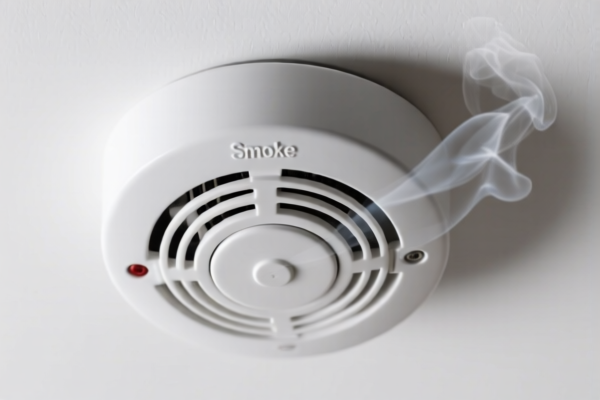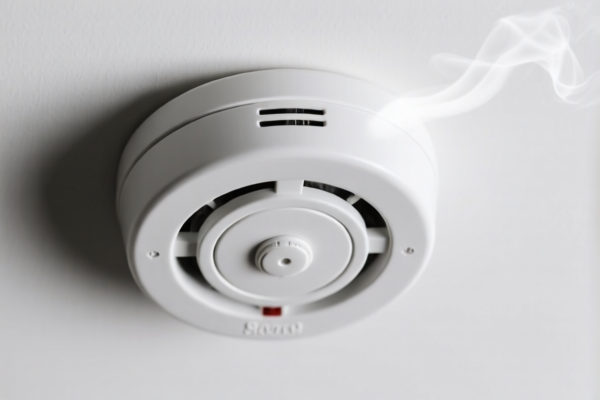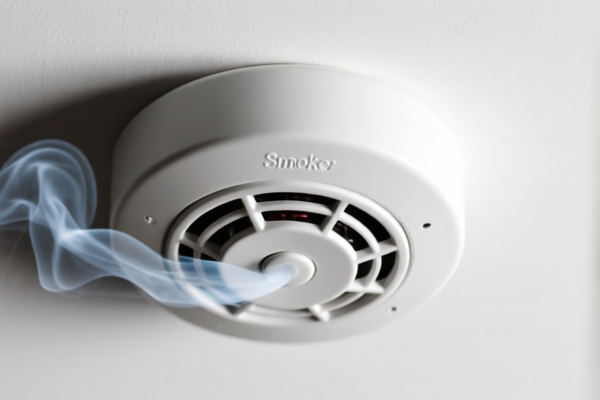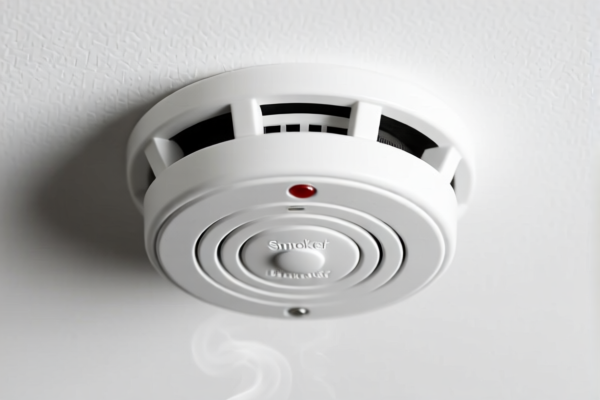| HS Code | Official Doc | Tariff Rate | Origin | Destination | Effective Date |
|---|---|---|---|---|---|
| 8436800070 | Doc | 55.0% | CN | US | 2025-05-12 |
| 7326908688 | Doc | 82.9% | CN | US | 2025-05-12 |
| 4421918800 | Doc | 30.0% | CN | US | 2025-05-12 |




BEEKEEPING SMOKER – HS Code Classification & Customs Guidance
Based on the provided data, your "BEEKEEPING SMOKER" appears to fall under multiple HS code possibilities, depending on its composition and function. Here's a breakdown of each potential classification, along with customs implications:
Important Note: The final HS code determination rests with customs officials at the port of entry. This analysis is for informational purposes and should not be considered definitive.
1. HS Code: 8436.80.00.70 – Other agricultural, horticultural, forestry, poultry-keeping or bee-keeping machinery**
- Chapter 84: Agricultural machinery and mechanical appliances. This chapter covers a wide range of equipment used in farming and related activities.
- 8436: Machinery for agricultural, horticultural, forestry, poultry-keeping or bee-keeping. This narrows down the scope to specific types of machinery.
- 8436.80: Other machinery (within the above category). This is a residual heading for machinery not specifically classified elsewhere in Chapter 84.
-
8436.80.00.70: Specifically for Bee-keeping machinery.
Tax Implications: * Basic Duty: 0.0% * Additional Tariff: 25.0% (Currently) * Post April 2, 2025: Additional Tariff increases to 30.0% * Total Tax: 55.0%
Considerations: This is the most likely classification if the smoker is considered a functioning piece of agricultural machinery. However, if the smoker is primarily made of metal and doesn't have significant mechanical components, it might fall under a different code.
2. HS Code: 7326.90.86.88 – Other articles of iron or steel**
- Chapter 73: Articles of iron or steel. This chapter covers a broad range of products made from iron or steel.
- 7326: Other articles of iron or steel. This is a residual heading for articles not specifically classified elsewhere in Chapter 73.
- 7326.90: Other articles of iron or steel, not elsewhere specified or included.
-
7326.90.86.88: Other. This is a very broad sub-heading.
Tax Implications: * Basic Duty: 2.9% * Additional Tariff: 25.0% (Currently) * Post April 2, 2025: Additional Tariff increases to 30.0% (especially for steel/aluminum products) * Total Tax: 82.9%
Considerations: This code is applicable if the smoker is primarily made of iron or steel and lacks complex mechanical features. The high tax rate reflects the materials used.
3. HS Code: 4421.91.88.00 – Other articles of wood**
- Chapter 44: Wood and articles of wood.
- 4421: Articles of wood for household or decorative purposes.
- 4421.91: Other.
-
4421.91.88.00: Other.
Tax Implications: * Basic Duty: 0.0% * Additional Tariff: 0.0% (Currently) * Post April 2, 2025: Additional Tariff increases to 30.0% * Total Tax: 30.0%
Considerations: This code is only applicable if the smoker is primarily made of wood, particularly bamboo.
Recommendations & Key Operation Reminders:
- Material Composition: Crucially, determine the primary material of the smoker. Is it mostly metal, wood, or a combination? This will heavily influence the correct HS code.
- Functionality: Assess the level of mechanical complexity. Does it have moving parts beyond a simple fire chamber?
- Single Invoice: Ensure the invoice clearly describes the product and its materials.
- Certification: Depending on the destination country, you may need certifications related to wood treatment (if applicable) or safety standards.
- Post April 2, 2025 Tariff Changes: Be aware of the upcoming tariff increases. Factor these into your cost calculations.
- Consult with a Customs Broker: For complex cases, it's highly recommended to consult with a licensed customs broker in the destination country. They can provide definitive guidance based on local regulations and customs interpretations.
Disclaimer: This information is for general guidance only and does not constitute professional customs advice. Always verify HS codes and regulations with the relevant customs authorities or a qualified customs broker.
Customer Reviews
This site saved me time by clearly listing the HS codes and their associated tariff rates for exporting beekeeping smokers to the US.
The guide is comprehensive, but I found the part about tariff changes after April 2, 2025, a bit confusing. Still, it's a solid resource.
The explanation of HS code 4421918800 was helpful, especially if the product is made of wood. Good to know about the 30% tariff.
Very detailed and helpful information on the classification of beekeeping smokers. The material composition note was crucial for me.
Great resource for understanding the HS code 7326908688. The high tariff rate was a key takeaway for me.